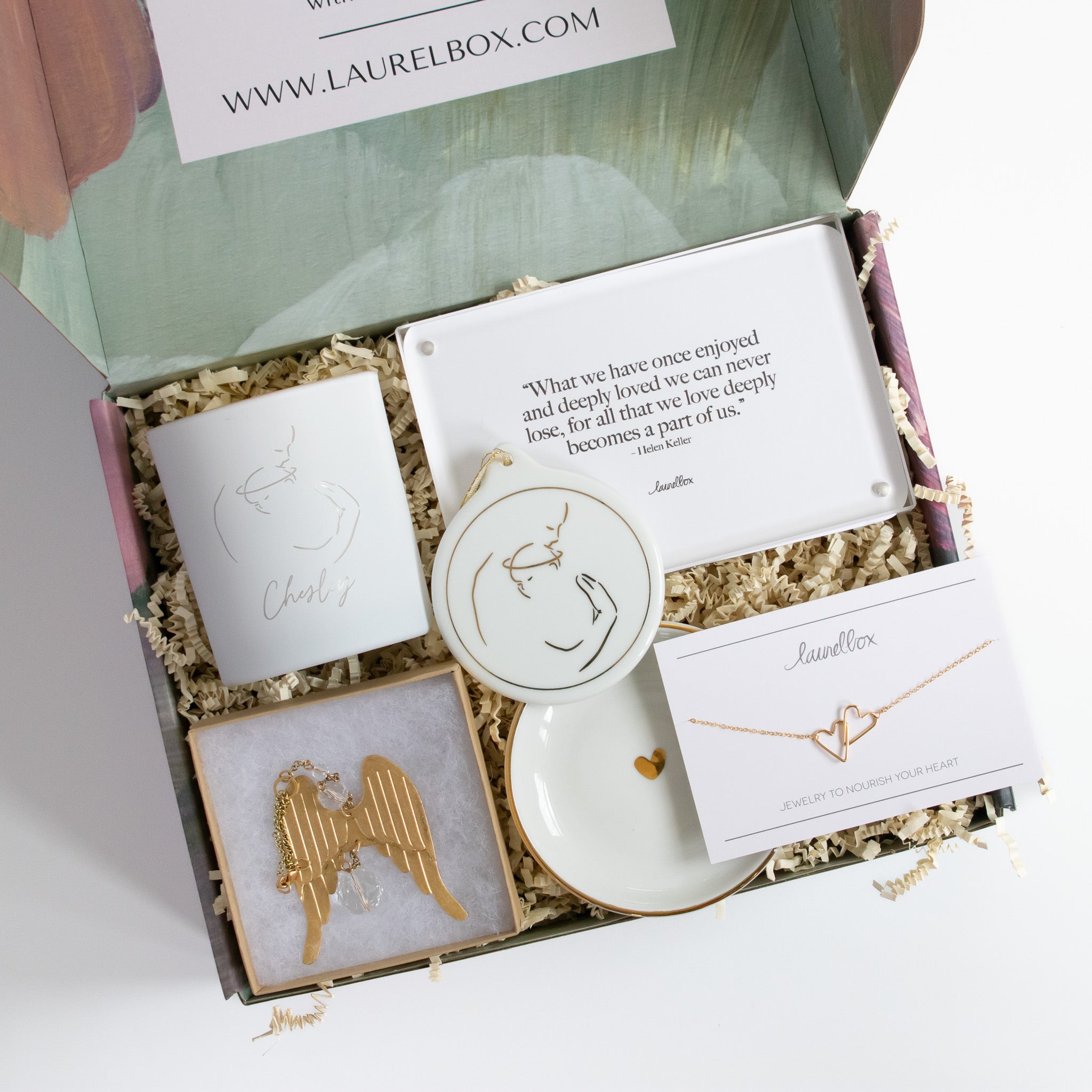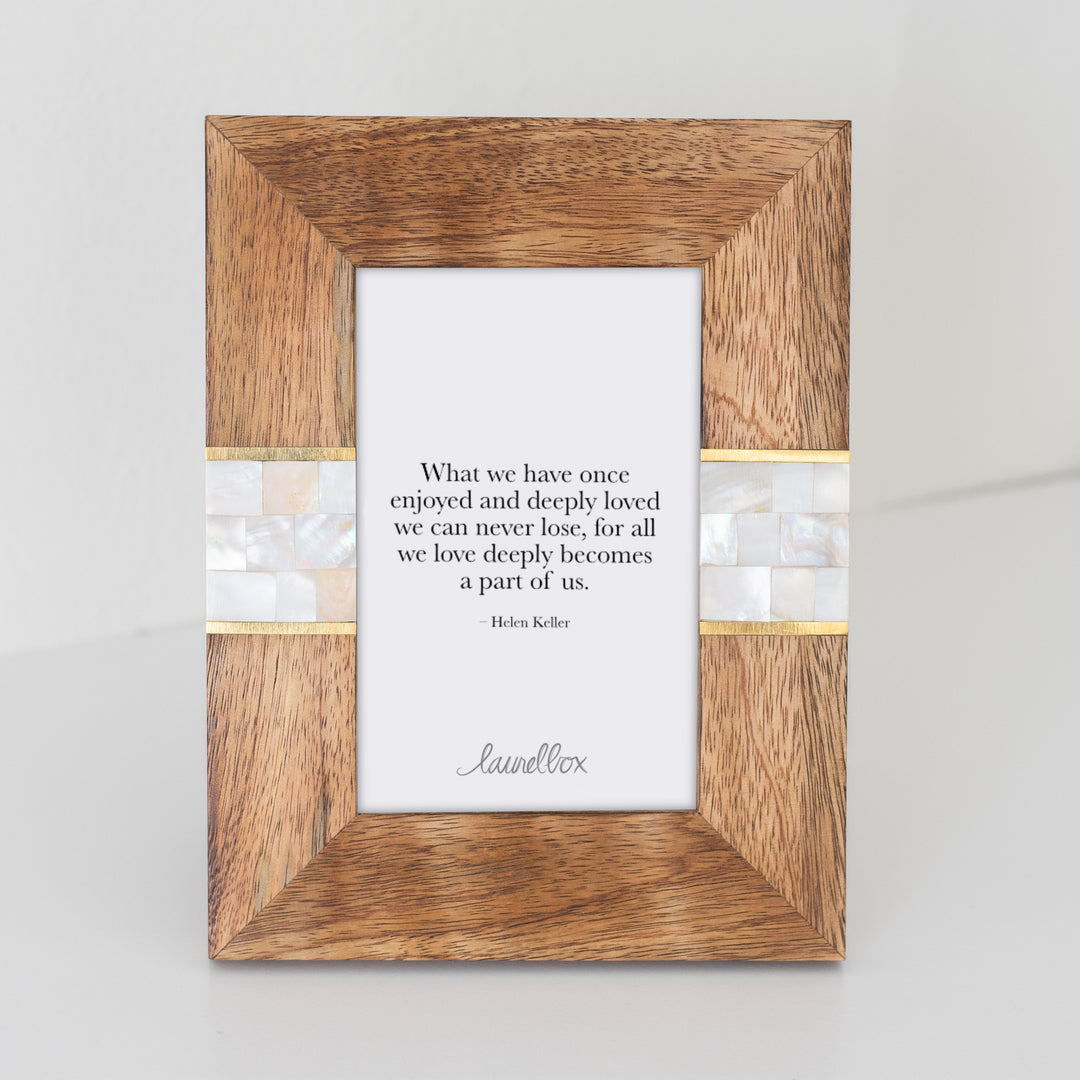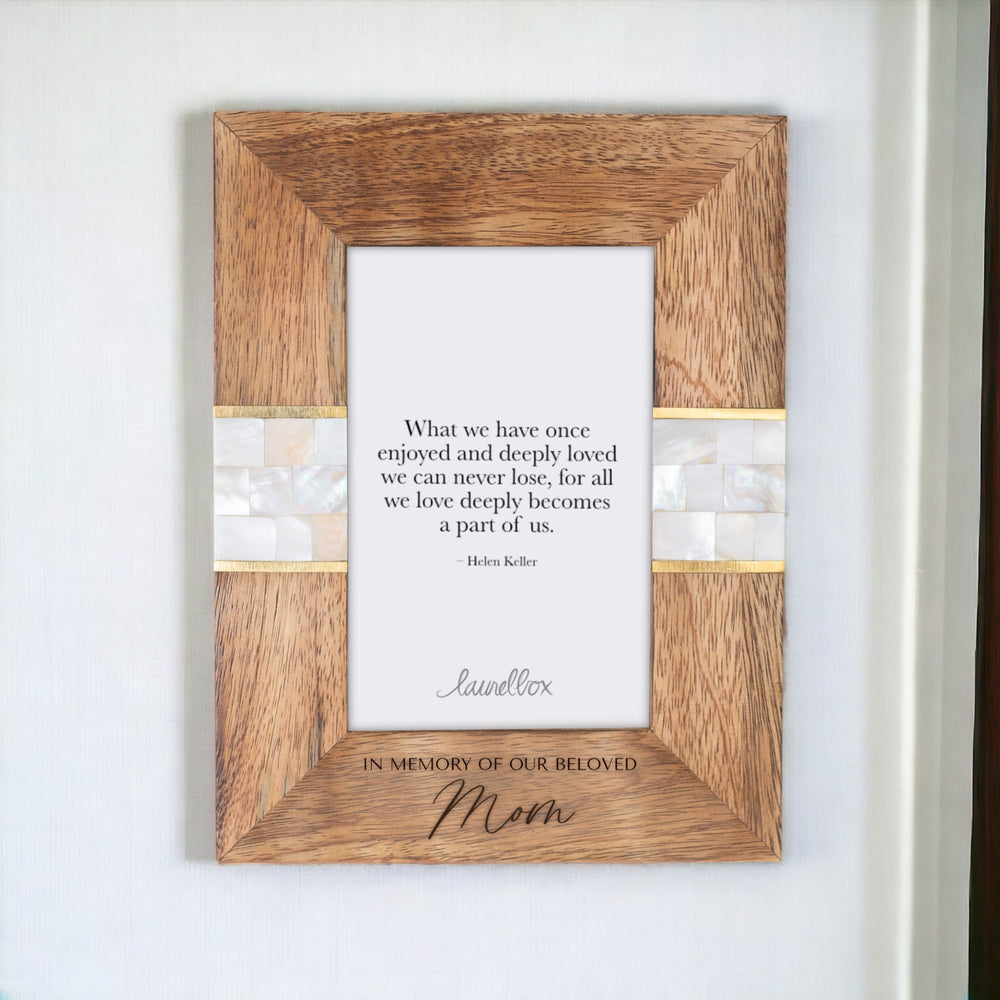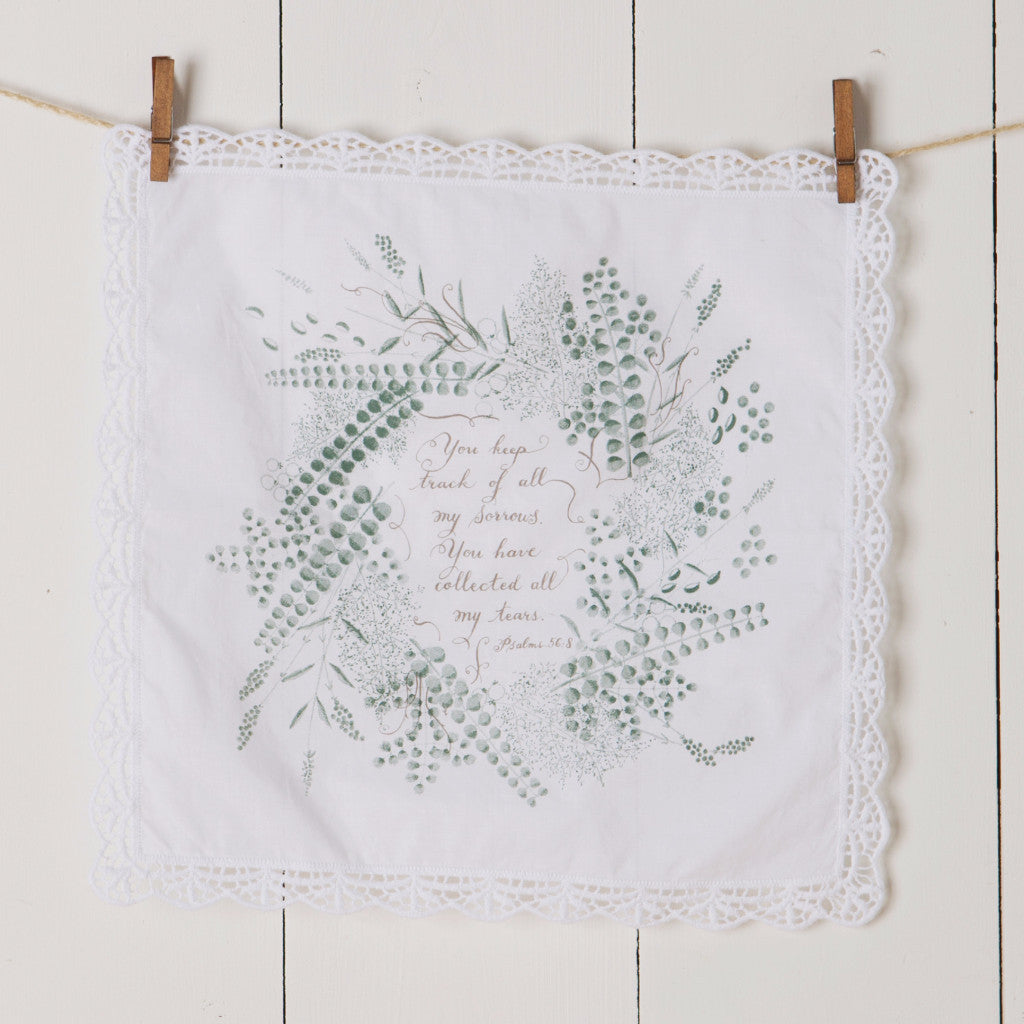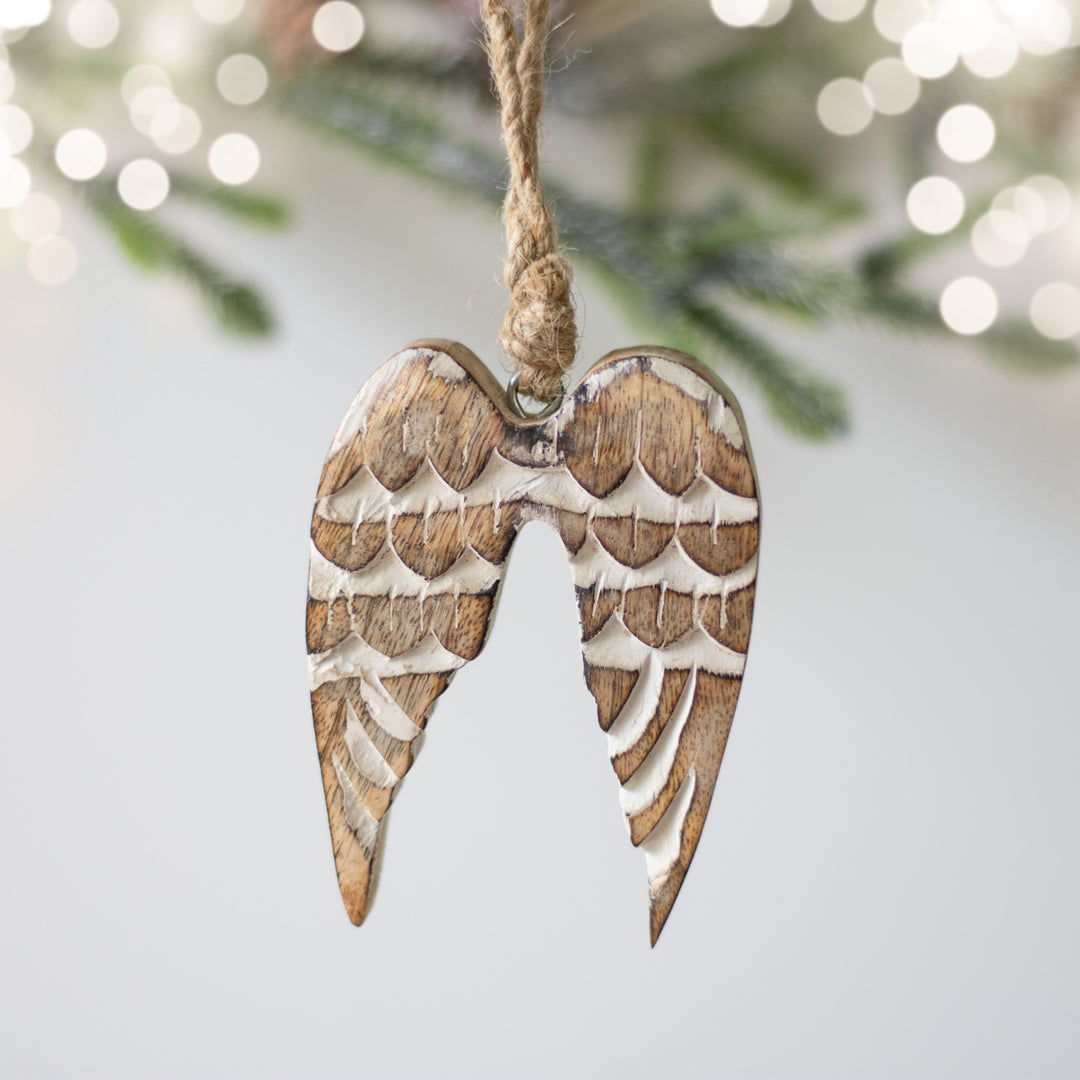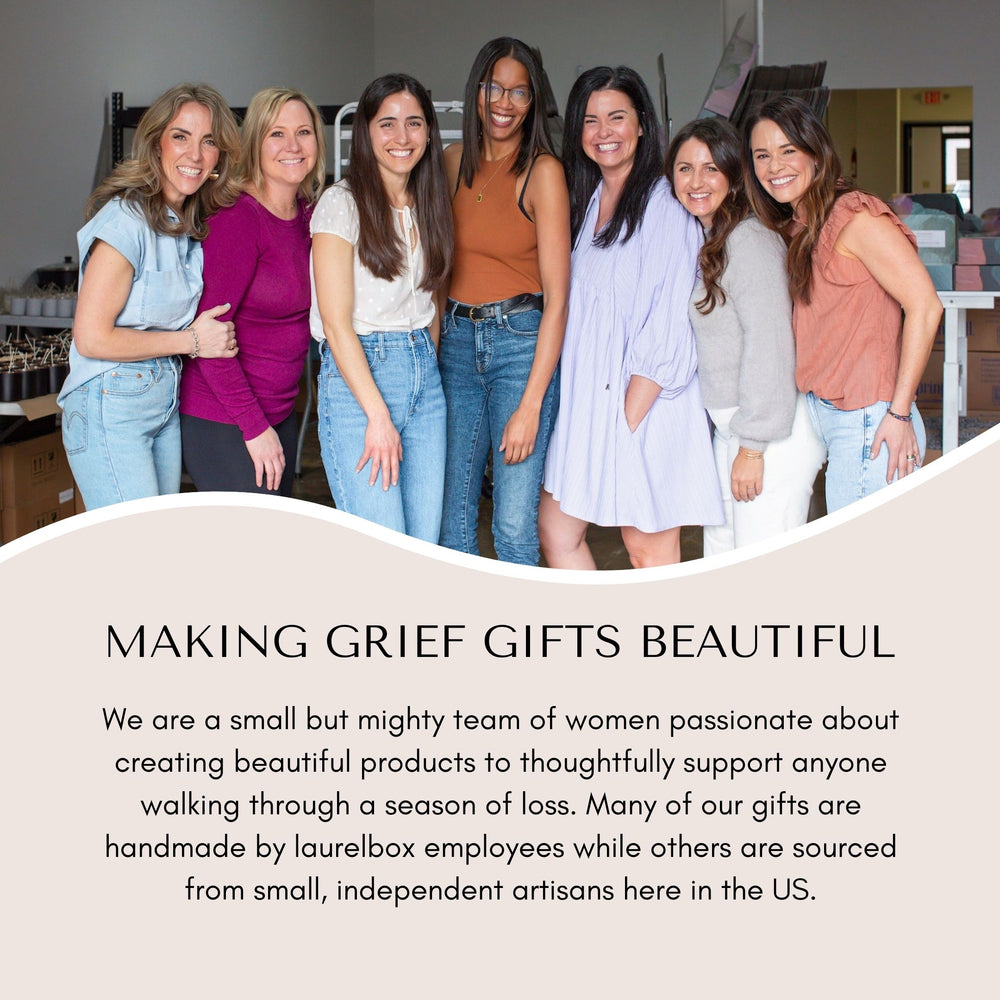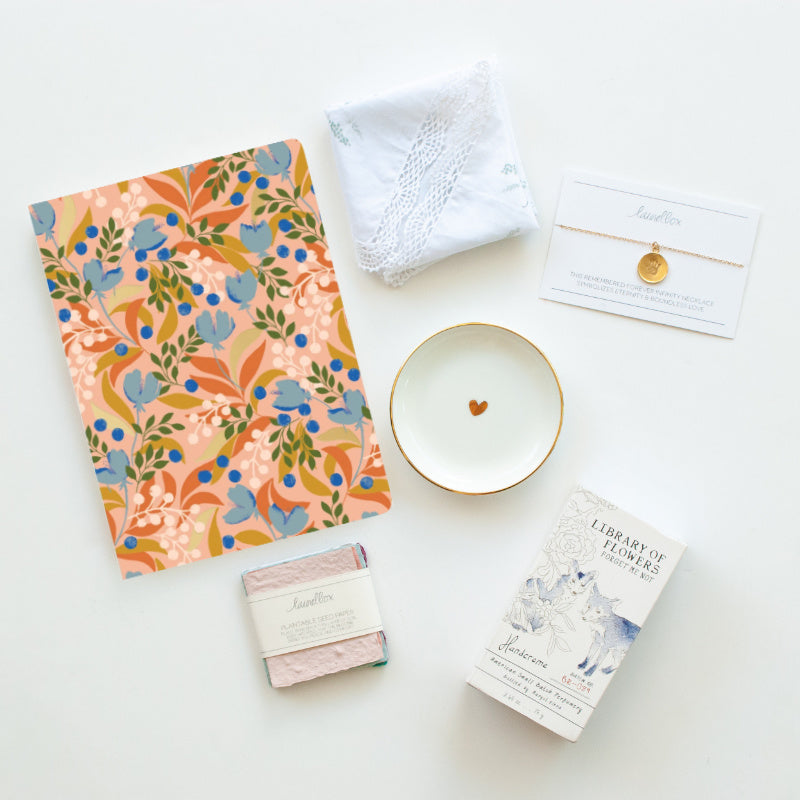
Navigating Grief Alone: Strategies for Self-Healing
At some point, we’ll all experience grief. If you are reading this blog, I can only assume you are walking through a season of grief, or you are supporting someone in that season. According to the American Psychological Association, “Grief can be complicated and often accompanies experiences of loss for people of all ages. With it may come feelings of physiological discomfort, anxiety, disbelief, obsessive thinking about the past, and fear of the future.” Personally, I’ve walked through various losses (stillbirth, miscarriage, unexpected loss of a parent, grandparents and even relational losses - which I think still counts!) and I know firsthand how complex the grieving process can be. If you are navigating it all alone, the pain can be compounded. In this blog, we’ll explore how to handle grief alone and talk about mental health support.
What is Grief?
The “five stages of grief” model, developed by the late Dr. Elisabeth Kübler-Ross, includes denial, anger, bargaining, depression and finally acceptance. These are common emotions experienced during grief, though each person’s journey through them is unique. When a substantial loss happens, it is as if the entire world shifts. Everything gets turned upside down and it can really take a toll on your mental, physical and spiritual health. “The reality is that you will grieve forever. You will not ‘get over’ the loss of a loved one; you will learn to live with it. You will heal and you will rebuild yourself around the loss you have suffered. You will be whole again but you will never be the same. Nor should you be the same nor would you want to,” Kübler-Ross wrote.
Challenges of Navigating Grief Alone
If, for whatever reason, you find yourself grieving alone, give yourself lots of grace. Maybe you are geographically separated from loved ones and can’t physically be close. It could be you’ve lost your support system and feel socially isolated. I’ve experienced this one and it’s awful. Perhaps you have an unsupportive partner while grieving and that is adding stress to your already stressful environment. No matter the reason, the reality is grieving alone is really hard. Our culture doesn’t handle sadness and pain very well. It makes people uncomfortable when we talk about loss and they don’t know how to “fix” the problem. If you are disconnected from family, friends or community and you then experience a loss, it can feel like, “Where do I even start?” I remember after we lost our second son Cooper at full term it felt incredibly difficult to talk to people who didn’t know about our grief. I was constantly worried I’d start to cry or they’d ask a question that would require an awkward disclosure of information. So it just felt easier to stay inside the house and sit in my grief. That might have been easier, but it wasn’t necessarily helpful to my healing journey.

Strategies for Self-Healing
Here are some suggestions for how to move through your grief journey, even if you don’t have a strong support system.
Acknowledge and accept grief
Name your feelings. It might be helpful to start journaling and write down your emotions. Putting pen to paper is cathartic and if you don’t have someone else to share your feelings with, this could be the next best thing. Laurelbox offers some beautiful reflection items.
Self-compassion and self-care practices
“Give yourself lots of grace” is my mantra when it comes to grief. We put so much pressure on ourselves to move through the stages of grief quickly or rush our healing, when it might actually be more beneficial to practice the “slow and steady wins the race” mindset. Routines are helpful during grief. Get out of bed by a certain time. Take a shower. Eat regular meals. Walk outside. Take a nap. These seemingly “small” self-care practices can go a long way in stabilizing us emotionally.
Seek professional help and resources
As our society is finally starting to prioritize and normalize mental health, be a participant in that. Find mental health support groups, online support groups, women support groups, grief counseling - whatever type of avenue you feel drawn to. It may take just a few sessions for you to notice progress in your healing journey.
Engage in creative outlets and activities
What brings you joy? I know that sounds a little “Marie Kondo”-esque but really, what are you passionate about? Do you play an instrument? Devote time each day to playing. Love being outside? Check out the many gardening gifts Laurelbox offers. Starting a project can give you purpose at a time when life can feel bleak and a little bit like you are drifting at sea. If you can’t think of an activity, choose a volunteer opportunity. So often serving others creates needed space for perspective.
Build a support network and community online
If you are separated from family during a season of grief, think of creative ways to connect digitally. Schedule a Zoom call to share stories of your loved one. Make a Facebook group and share your favorite photos. Start a Whatsapp text chain to share your daily highs and lows. Find an online grief community to connect with. In this digital age, there are countless ways to connect if you are willing to.
Honoring the Memory
It can be so therapeutic to find ways to honor a loved one’s memory. As time passes, it can feel like their presence is slipping further and further away. Creating a ritual or ceremony to remember someone can help keep their memory alive. Consider buying yourself a remembrance gift like a necklace, memorial candle or memory box. A few months after we buried our son, I purchased a simple white gold ring that had “Cooper” engraved on it. Now, eight years later, I still wear it and it gives me a sense of peace when I read his name. It’s a daily reminder of the impact his brief time on this earth had on us. Write down some of your favorite memories or collect small keepsakes and add them to a memory box. When you feel especially sad, look through them and let their memories wash over you. Finding ways to celebrate their life and legacy is part of the healing process and doesn’t need to be done in a large group setting. If evenings are hardest, put on your loved one’s favorite style of music and light a personalized candle. Go through old photos or spend time sorting through their items. It may be hard at first, but there can be peace in the midst of sadness too.
Keepsakes
Conclusion
We hope this blog has been helpful if you are navigating grief and isolation. There are specific challenges you could face, but know that even if you *feel* alone in grief, there are people and resources out there to help you grieve well. Finding ways to self-heal through practicing normal daily healthy habits, journaling, and finding creative outlets for grief can all play a role in your healing journey. Don’t forget, we here at Laurelbox are here to support you! Be a part of our online community through our various social channels. No matter your situation, there is hope through healing and resilience. Be encouraged and find pockets of joy to keep you moving forward.
LANNA BRITT
Lanna Britt was a national news producer in Washington DC for nearly a decade covering politics, breaking news and current events. She now lives with her husband and three children in Richmond VA. She has two sweet babies she’ll meet again in heaven.




